Read Our Latest Blogs
Stay Up-to-Date on the Latest Cybersecurity Trends and Best Practices with Our Informative Blog Posts

Securing Client Portals for CPA Firms: How to Protect Client Communication with MFA and Encryption
In today’s digital landscape, CPA firms rely heavily on client portals to streamline communication and share sensitive documents such as tax returns and financial statements. However, as the volume of sensitive information transmitted through these portals grows, so do the security risks. A secure client portal is essential to protect client data from cybercriminals, prevent unauthorized access, and ensure compliance with data protection laws.
At Cybersecurity Advisors, we understand the critical role that secure communication plays in the success of CPA firms. In this article, we’ll explore the importance of multi-factor authentication (MFA) and encryption for securing client portals, helping you protect client data and maintain trust.
Why Securing Client Portals is Critical for CPA Firms
Client portals are essential tools for CPA firms, enabling clients to upload sensitive financial documents, access tax returns, and communicate securely with their accountant. However, these portals are also prime targets for hackers, who can exploit weaknesses in security to steal sensitive data.
A breach in a client portal can lead to identity theft, financial fraud, and legal consequences for both the client and the CPA firm. Therefore, implementing robust security measures—such as MFA and encryption—is not only a best practice but a necessity for protecting client information.
1. Multi-Factor Authentication (MFA): Strengthening Portal Access
Multi-factor authentication (MFA) adds an extra layer of security to client portals by requiring users to verify their identity through two or more methods. This ensures that even if a hacker manages to steal a user’s password, they still cannot access the portal without providing additional verification.
Why MFA is Essential for Client Portals
Cybercriminals often target CPA firms through phishing attacks and password theft. By implementing MFA, firms can significantly reduce the risk of unauthorized access. With MFA in place, clients are prompted to enter a second form of identification, such as a one-time code sent to their mobile device or email, in addition to their password.
Best Practices for Implementing MFA
Require MFA for All Users: Ensure that both clients and firm employees use MFA to access the portal. This prevents unauthorized access, even if login credentials are compromised.
Use Mobile-Based MFA: Mobile authentication apps or SMS-based codes are effective methods for MFA, providing real-time verification for portal users.
Educate Clients on MFA: Inform clients about the importance of MFA and how to set it up to protect their accounts. Provide guidance on using authentication apps like Google Authenticator or Microsoft Authenticator.
2. Encryption: Protecting Data In Transit and At Rest
Encryption is another vital component of securing client portals. Encryption converts sensitive data into unreadable code, ensuring that even if it is intercepted by hackers, it cannot be accessed or used without the proper decryption key.
Why Encryption Matters
Encryption protects client data both while it’s being transmitted (in transit) and when it’s stored on your servers (at rest). Whether clients are uploading documents or accessing their tax returns, encryption ensures that sensitive financial information remains secure throughout the entire process.
How to Implement Encryption for Client Portals
Use End-to-End Encryption (E2EE): End-to-end encryption ensures that data is encrypted from the moment it leaves the client’s device until it reaches the CPA firm’s systems. This prevents third parties, including the portal provider, from accessing the data.
Encrypt Data At Rest: Client documents stored in the portal should also be encrypted. This adds another layer of protection in case your servers are breached or compromised.
SSL/TLS Encryption: Ensure your client portal uses Secure Sockets Layer (SSL) or Transport Layer Security (TLS) encryption protocols to protect data during transmission. This is the standard for secure communication over the internet.
3. Securing the User Experience: A Balancing Act
While implementing MFA and encryption is essential for securing client portals, it’s also important to ensure that the user experience remains seamless. If security measures are too complex, clients may struggle to use the portal, leading to frustration or reluctance to adopt secure practices.
Balancing Security and Convenience
Simple MFA Setup: Use MFA tools that are easy for clients to set up, such as SMS-based codes or mobile app authentication. Ensure that the MFA process is straightforward and doesn’t hinder the user experience.
User-Friendly Encryption Tools: While encryption works in the background, ensure that clients don’t have to manually encrypt documents themselves. The portal should automatically encrypt all data during upload and storage.
Clear Communication with Clients: Educate clients on why these security measures are in place and how they protect their sensitive information. This will build trust and encourage clients to adopt these practices without resistance.
4. Additional Security Measures for Client Portals
Beyond MFA and encryption, CPA firms should consider implementing additional security measures to further protect their client portals.
Audit Logs
Keep detailed audit logs that track who accesses the portal, when documents are uploaded or downloaded, and any changes made to client files. This not only helps monitor for unauthorized activity but also provides an audit trail in case of a security incident.
Role-Based Access Control (RBAC)
Implement role-based access control to ensure that only authorized personnel can access certain areas of the client portal. For example, administrative staff should have limited access to financial data, while accountants and tax preparers may need broader access.
Regular Security Updates
Client portals should be regularly updated with the latest security patches to fix vulnerabilities and protect against new threats. Ensure that your IT team or portal provider stays on top of updates to keep the portal secure.
Conclusion: Securing Client Portals with MFA and Encryption
Client portals are invaluable tools for CPA firms, but without proper security measures, they can become a major vulnerability. Implementing multi-factor authentication (MFA) and encryption is essential for protecting client data, preventing unauthorized access, and ensuring secure communication. By securing your client portals, you not only protect your firm and its clients but also build trust and confidence in your services.
Protect your CPA firm’s client portals with advanced security measures. Contact Cybersecurity Advisors today to learn how we can help you implement MFA, encryption, and other best practices for securing your client data.

Hear What Our Clients Say
Real-World Results: Hear from Our Clients About the Value of Our Cybersecurity Expertise

George Owens

As technology continues to advance, so must our cybersecurity practices to stay ahead of the game."

Max Tanner

The rapid digital transformation of various industries has made cybersecurity a critical aspect of daily operations, and it's reassuring to know that there are experts and technologies available to help mitigate risks and safeguard against potential attacks

Kim Wexler

It's essential for individuals and businesses to prioritize cybersecurity to protect sensitive data and maintain business continuity.

Billy Jackson

As someone who understands the importance of data security, I appreciate the emphasis on cybersecurity in today's digital landscape. With cyber threats becoming increasingly sophisticated and frequent.


Copyright © 2024 Cybersecurity Advisors | Managed IT Services, IT Consulting and Cybersecurity
letstalk@cybersecurityadvisors.io
801-438-6690
